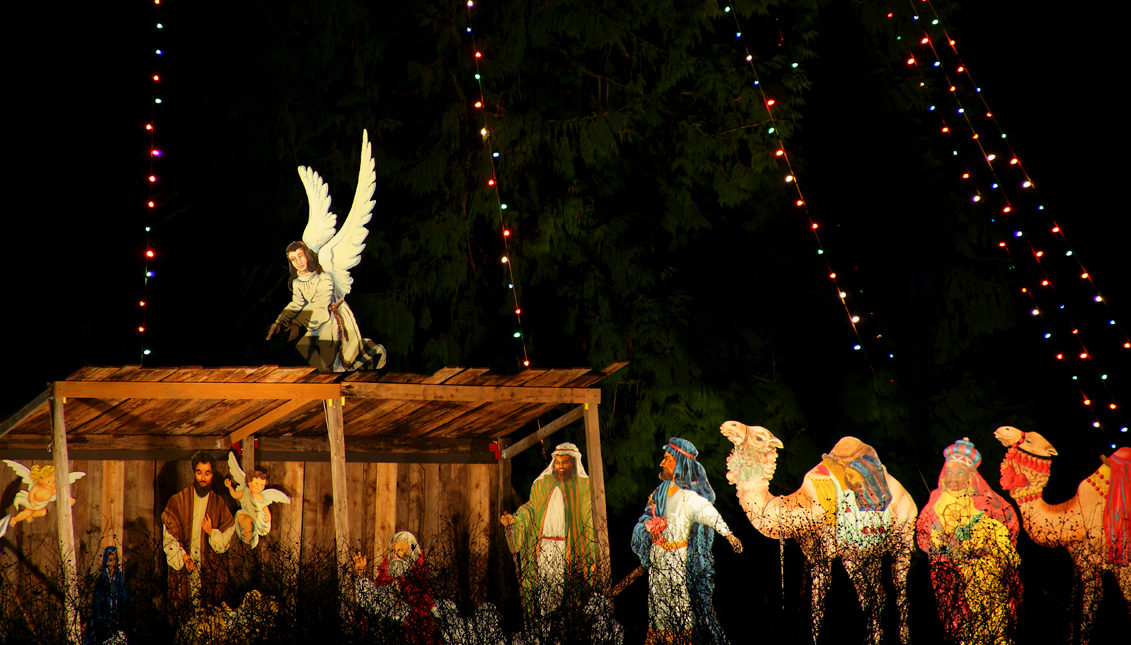
[OP-ED]: There was no place for them
Historians sustain that the reasons why Jesus was born in a grotto must have been to show human kind that the greatest events happen among deep adversities.
MORE IN THIS SECTION
Historians sustain that the reasons why Jesus was born in a grotto must have been to show human kind that the greatest events happen among deep adversities.
Back then, any birth was an eventual threat to life. In the edge of giving birth, Mary joined her husband Joseph in a difficult nine-days travel. A decree from Caesar Augustus was published, where a census of the whole Roman Empire was supposed to take place. Subjects should register in their own city. Joseph belonged to the House of the King David; this is the reason why he had to register in Bethlehem.
Nazareth is more than 150 kilometers from Bethlehem. The roads were yet to be mapped; they were in poor conditions and merely passable for the caravans. The young couple had to find a donkey to carry what was necessary. They had to sleep in public places to rest along the way, lying in the ground like the rest of the travellers, between camels and donkeys.
Luke says that when they reached Bethlehem “there was no room for them in the hostelry”. At that time, hostelries where places without a roof, surrounded by a big wall, with one door only. The beasts rested in the middle in the open, and the travellers under the porch or among the animals.
No, there wasn’t a place for them: they peered to the place where the caravans used to settle and while listening to such uproar, mans and beasts knew that wasn’t a place for the Savior to be born. The grace, the dignity and the decency of young Mary, prevents her of giving birth in front of the stares of so many strangers.
The hostelry was their last chance for a refuge: they called upon friends, relatives and acquaintances’ doors but they where closed. Every circumstance was against them.
Mary defeated the fear of becoming a mother and together with Joseph, they began a pilgrimage uphill, looking for a place to give birth. An unbreakable spirit – against all odds – was keeping them ahead.
Historians sustain that Jesus’ message would’ve been lost if he had been born in a magnificent palace. They agree that the cave has a profound meaning: the entrance is small and you cannot cross it without bending the head forward. Bethlehem in itself is life’s university for anyone who wishes to meet the Savior. You can only meet Jesus after leaving the arrogance beside and kneeling before him.
The tradition says that the first to meet Jesus of Nazareth were humble shepherds. A sign of total lack of arrogance? The Savior is a baby, wrapped in swaddling clothes, lying in straw. The shepherds kneeled around the stable that seems to be covered in the Moon’s beams spell. The land is covered in snow. And the newborn is located in the natural nucleus of the universe.
Days later, the Magi arrive, main representatives of science and wisdom. The star guides them to where the Messiah was born. Their curiosity is enormous. They want to know which one is the chosen village.
The Magi had never seen a birth that could join all the elements of nature in harmony. For them this was an invitation to all earthly beings to social harmony. The shepherds, as well as the Magi, surrender unto love towards this baby.
The distinguished guests sense that their expensive gifts are inappropriate for such an enclosure. In their wisdom, they realize that the Kingdom of God is a totally new dimension: it will never belong to power or matter, but to a spiritual reality that will unleash the good will among man.
Bethlehem was and still is an invitation to all the earthly beings to join a brotherly harmony.






LEAVE A COMMENT:
Join the discussion! Leave a comment.